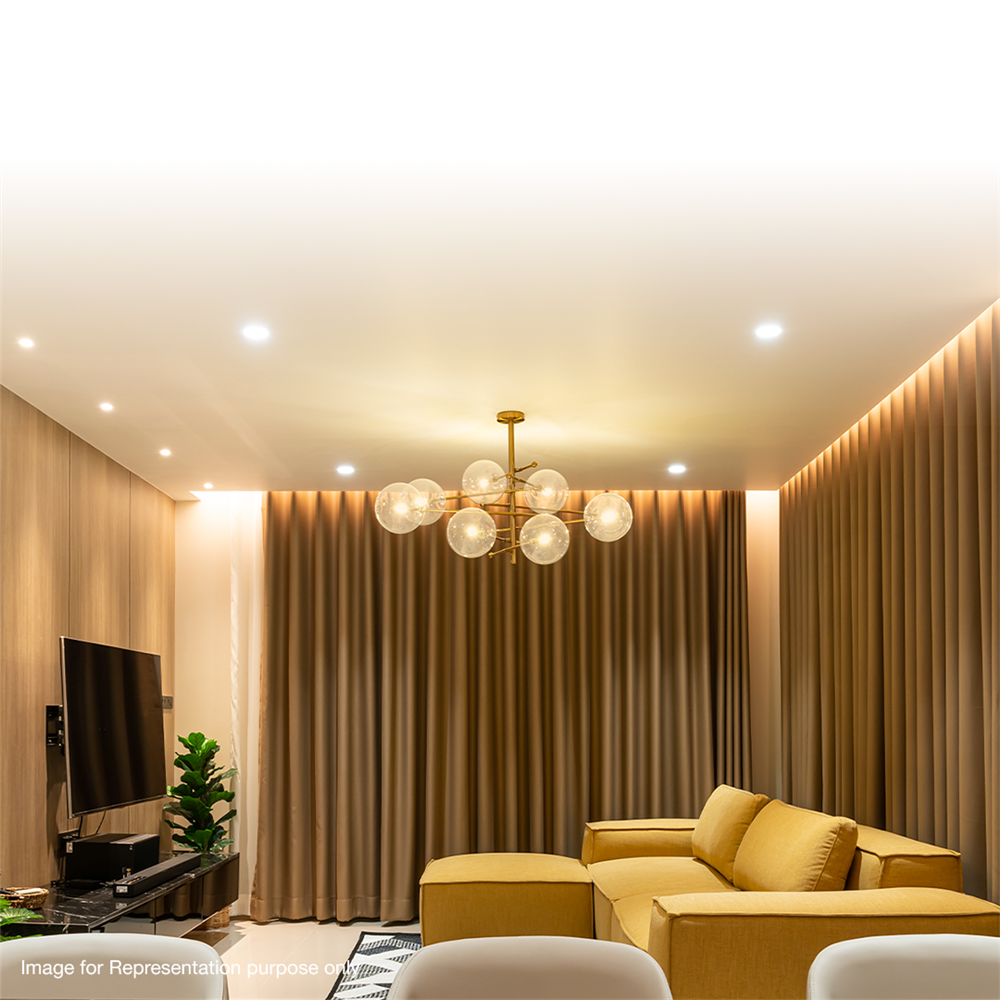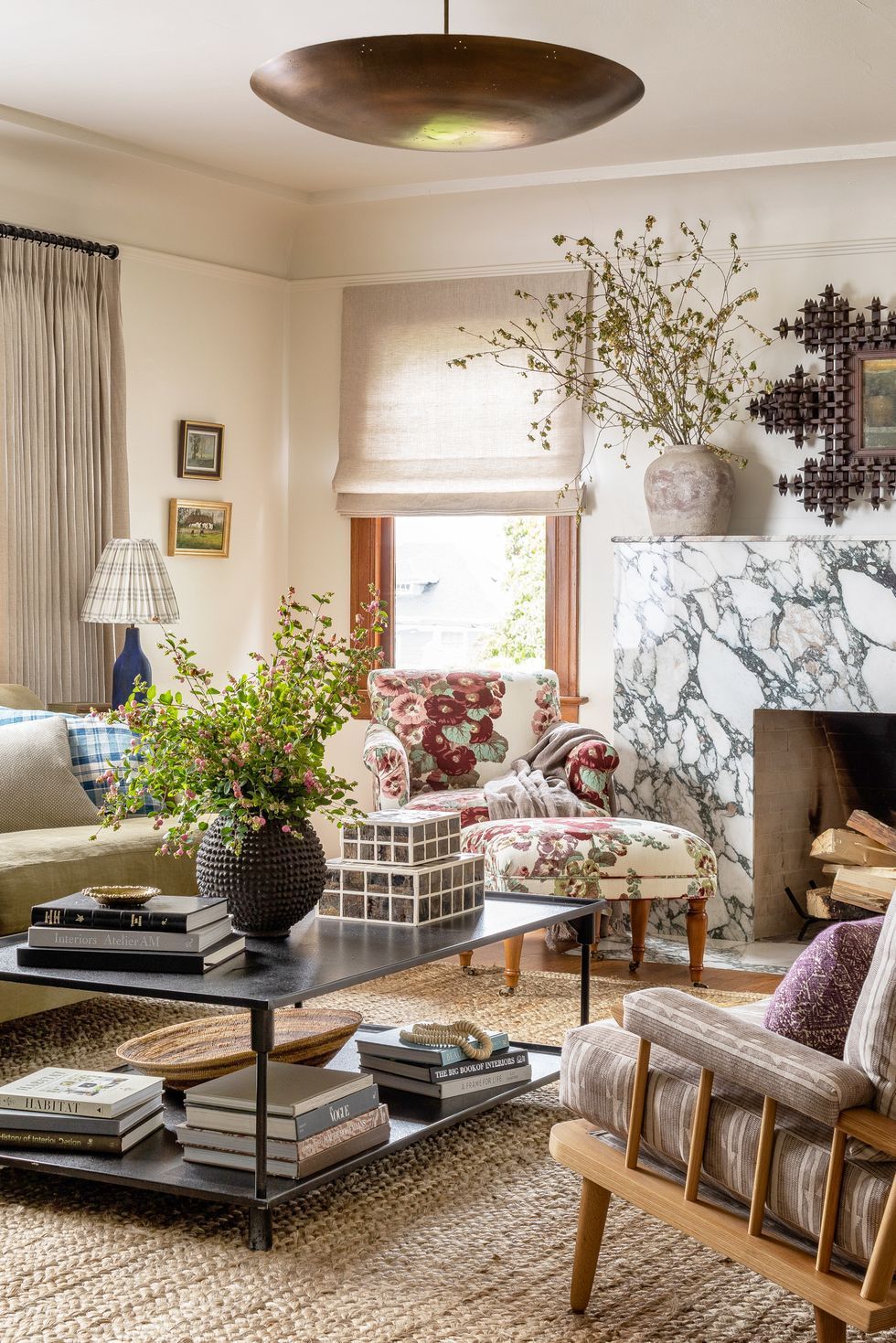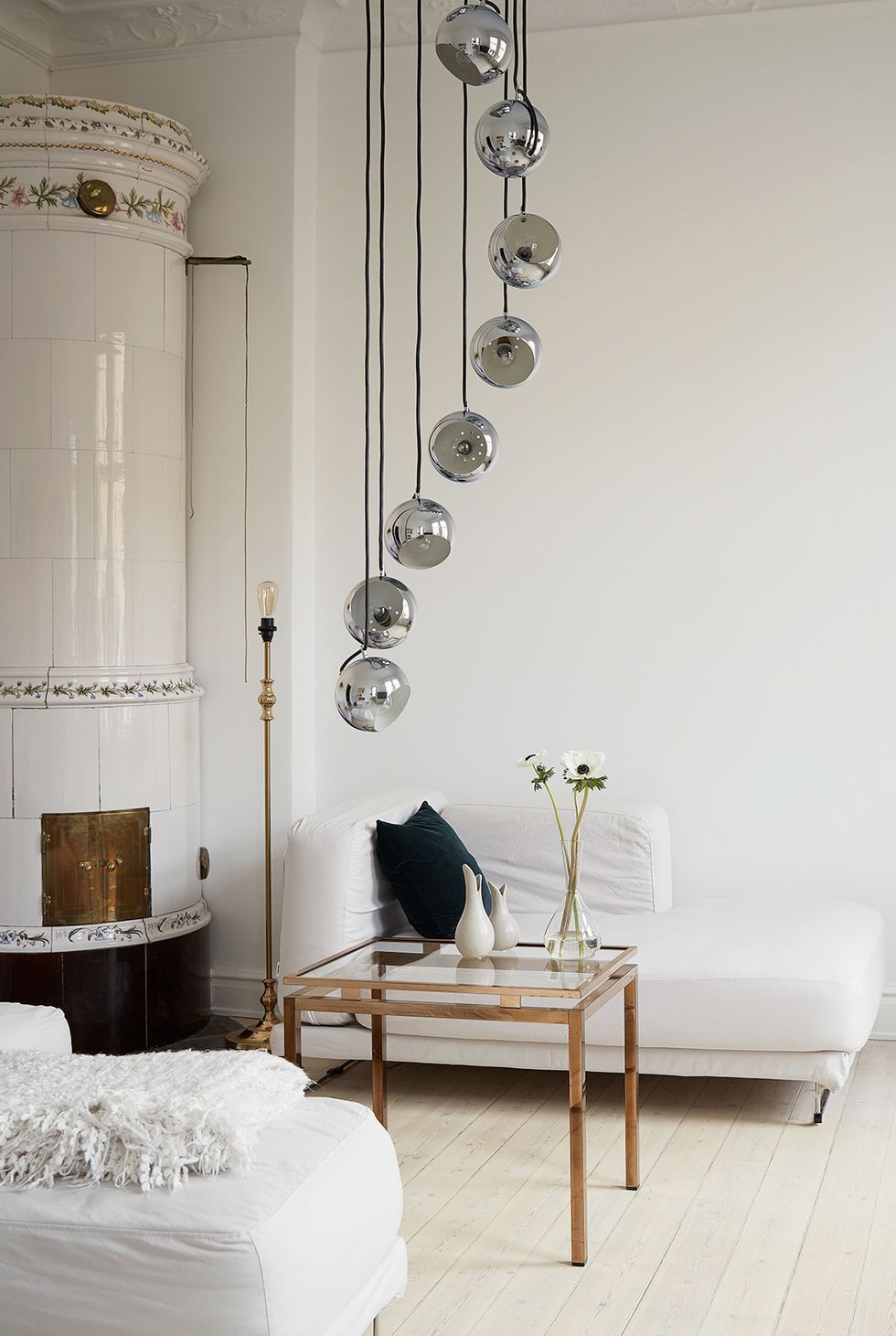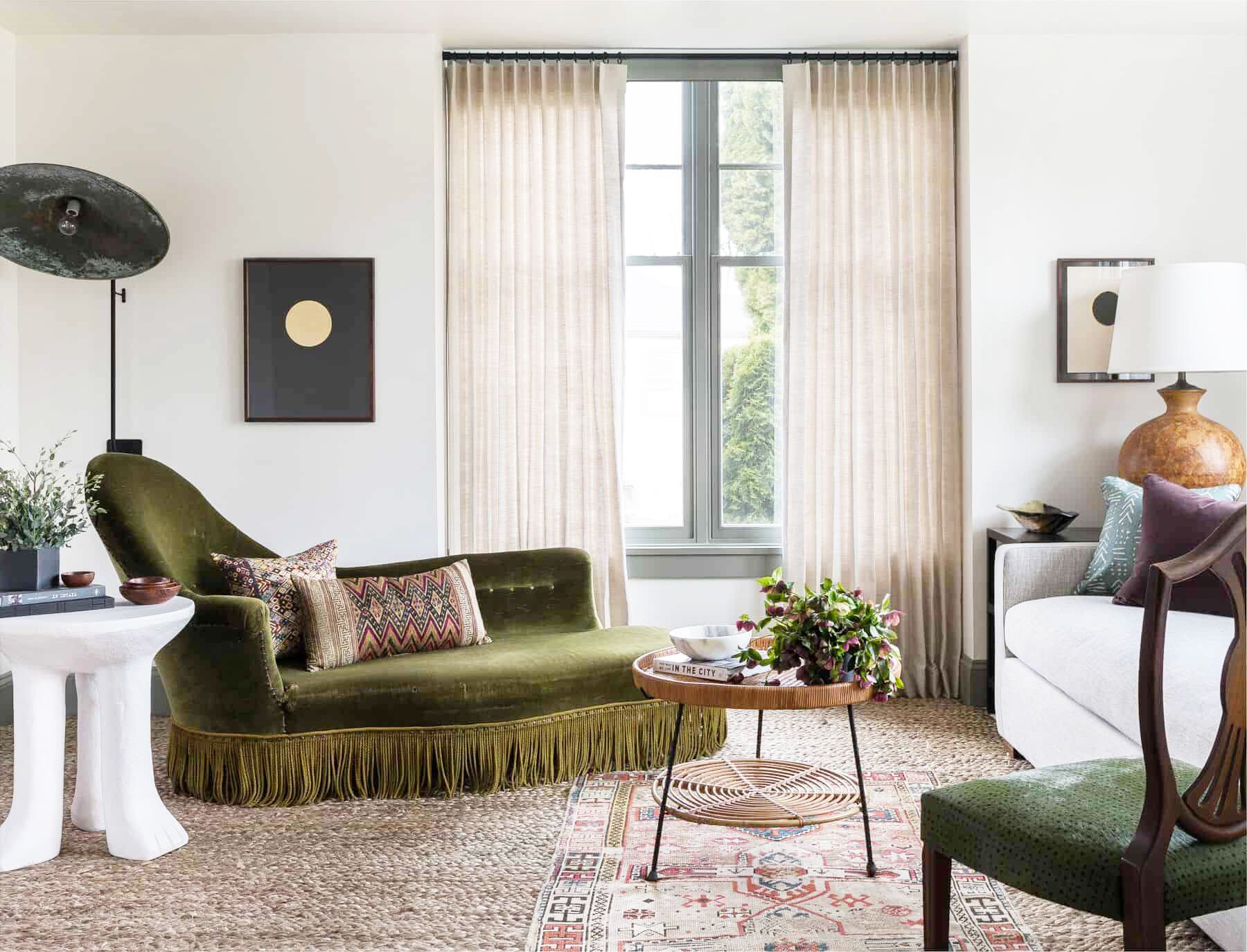Introduction
Lighting is more than just a functional element in your living room; it’s a key player in setting the mood and enhancing the overall decor. With the right lighting, your living room can transform into a cozy retreat or a vibrant gathering space. In this article, I’ll share my personal experiences and expert insights on choosing and implementing the perfect lighting solutions for your living room.
Understanding the Importance of Lighting in Living Room Decoration
Lighting plays a critical role in interior design. It can create an emotional response, highlight architectural features, or conceal imperfections. Here’s why it’s important:
- Ambiance: The right lighting sets the mood, whether it’s warm and inviting or bright and energizing.
- Functionality: Good lighting ensures that your living room serves its intended purpose, be it reading, entertaining, or relaxing.
- Style: Lighting fixtures can be statement pieces that complement your decor style, be it modern, traditional, or eclectic.
Types of Lighting for Living Rooms
1. Ambient Lighting
Ambient lighting is the general illumination of a room. It provides a safe and pleasant atmosphere. Common sources include ceiling lights, chandeliers, and wall sconces.
2. Task Lighting
This type of lighting is focused on specific tasks. Reading lamps, desk lamps, and under-cabinet lights in living rooms serve as task lighting.
3. Accent Lighting
Accent lighting adds drama and highlights features like artwork or architectural details. Spotlights and track lighting are typically used for this.
4. Decorative Lighting
These lights are functional yet stylish. They serve as decor elements, like unique pendant lights or artistic floor lamps.
Choosing the Right Fixtures
When selecting lighting fixtures, you should consider several factors:
1. Style and Theme
Ensure that the lighting fixtures complement your overall decor style. For instance, a vintage chandelier may not fit well in a minimalist setting.
2. Size and Scale
The size of the fixture should be proportional to the space. A large pendant might overwhelm a small living room.
3. Color Temperature
Consider warm, neutral, or cool light. I personally prefer warm light for a cozy atmosphere, while cool light can be invigorating.
Top Lighting Options for Living Rooms
1. Chandeliers
Chandeliers can be a stunning centerpiece, adding elegance to any living room. They come in various styles, from modern to classic.

2. Floor Lamps
These versatile lights are perfect for task lighting and can serve as decorative accents. They are also great for filling empty corners.
3. Table Lamps
Table lamps are perfect for creating a soft glow and are ideal for reading areas or side tables.

4. Wall Sconces
Wall sconces save space and can add a decorative flair to your walls. They are perfect for accent lighting or ambient light alongside mirrors.
5. LED Strip Lights
These flexible lights can be used creatively under furniture, along shelves, or even framed artwork for a modern touch.

Designing Your Lighting Layout
A well-planned lighting layout can elevate your living room design. Here are some tips for creating a balanced lighting scheme:
1. Mix Different Types
Combine ambient, task, and accent lighting to create a dynamic and functional space.
2. Layer Your Lighting
Use multiple sources of light at different heights to create depth and interest in your living room.
3. Use Dimmers
Dimmers allow you to control the brightness according to your mood or activity, enhancing the versatility of your space.
Comparison of Popular Lighting Types
| Lighting Type | Pros | Cons |
|---|---|---|
| Chandeliers | Elegant, central focus | Can be expensive and require high ceilings |
| Floor Lamps | Flexible placement, style variety | Can take up space, varying quality |
| Table Lamps | Multipurpose, easy to switch | Limited reach, can clutter surfaces |
| Wall Sconces | Space-efficient, decorative | Requires installation, less flexible |
| LED Strip Lights | Energy-efficient, customizable | Less traditional look, requires creativity |

Personal Experience: My Living Room Lighting Journey
When I first moved into my apartment, the living room felt cold and uninviting. I started with standard overhead lights, which did little to enhance the space. After considering various lighting techniques, I decided to mix ambient and task lighting. I installed a beautiful chandelier for the central focus and added floor lamps in the corners for warmth. The transformation was incredible, and I couldn’t be happier with the added comfort and style. It’s amazing how the right lighting can change the entire vibe of a room!
Maintenance Tips for Lighting Fixtures
1. Regular Cleaning
Dust can accumulate on your fixtures, reducing their brightness. Regularly clean your lights with a soft cloth.
2. Check Bulbs
Make sure to replace burnt-out bulbs promptly to maintain a well-lit environment.
3. Consider Energy-Efficient Options
Switching to LED bulbs can save you money in the long run and ensure your living room stays beautifully lit.

FAQs About Lighting for Living Rooms
1. What is the best type of lighting for a small living room?
In small living rooms, a combination of wall sconces and floor lamps can maximize space while providing ample light. Consider using light colors to enhance the brightness.
2. Can I use LED lights for ambient lighting?
Yes, LED lights are excellent for ambient lighting. They come in various color temperatures and are energy-efficient.

3. How can I create a cozy atmosphere in my living room?
To create a cozy atmosphere, consider using warm light bulbs, adding multiple layers of lighting, and incorporating soft furnishings.
4. Are dimmer switches worth it?
Absolutely! Dimmer switches allow you to adjust the brightness according to the occasion, making it easier to create the desired ambiance.

5. What are the benefits of using floor lamps?
Floor lamps are versatile, take up less space compared to other fixtures, and can be moved easily to direct light where needed.